INSIGHTS
Criminal Defense

What is a Pre-Trial Motion?
by Paul D'Emilia | February 13, 2024 | Criminal Defense, Criminal Defense, Insights, Legal Tips, Legal Tips | 0 Comments

What is New York’s Zero Tolerance Law?
by Paul D'Emilia | January 28, 2024 | Criminal Defense, Criminal Defense, Insights, Legal Tips | 0 Comments
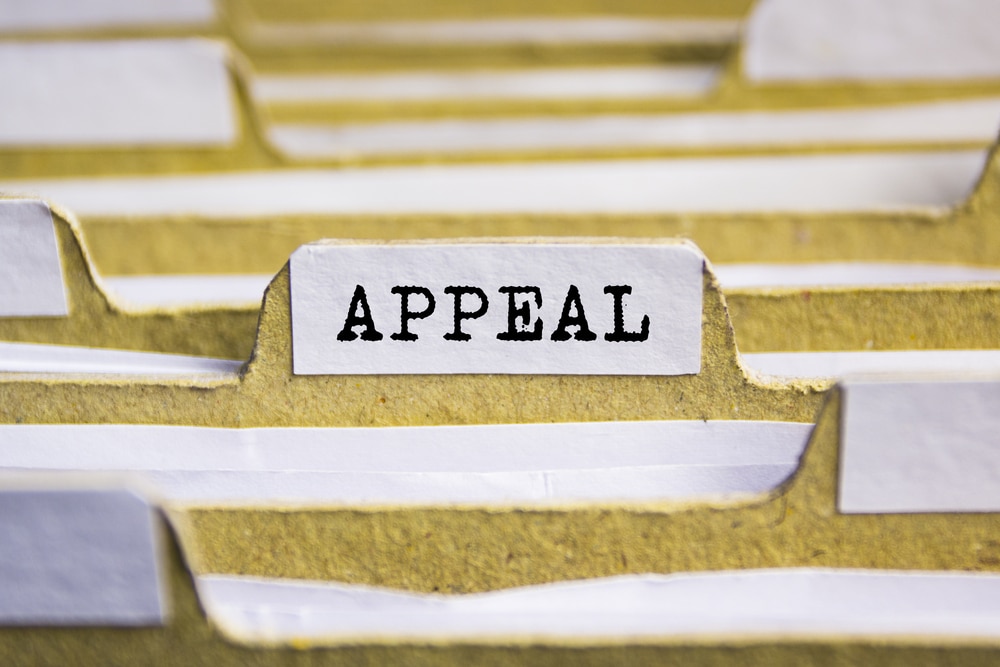
When Can You Appeal a Criminal Case in New York?
by Paul D'Emilia | January 14, 2024 | Appeals, Appeals, Criminal Defense, Criminal Defense, Insights | 0 Comments
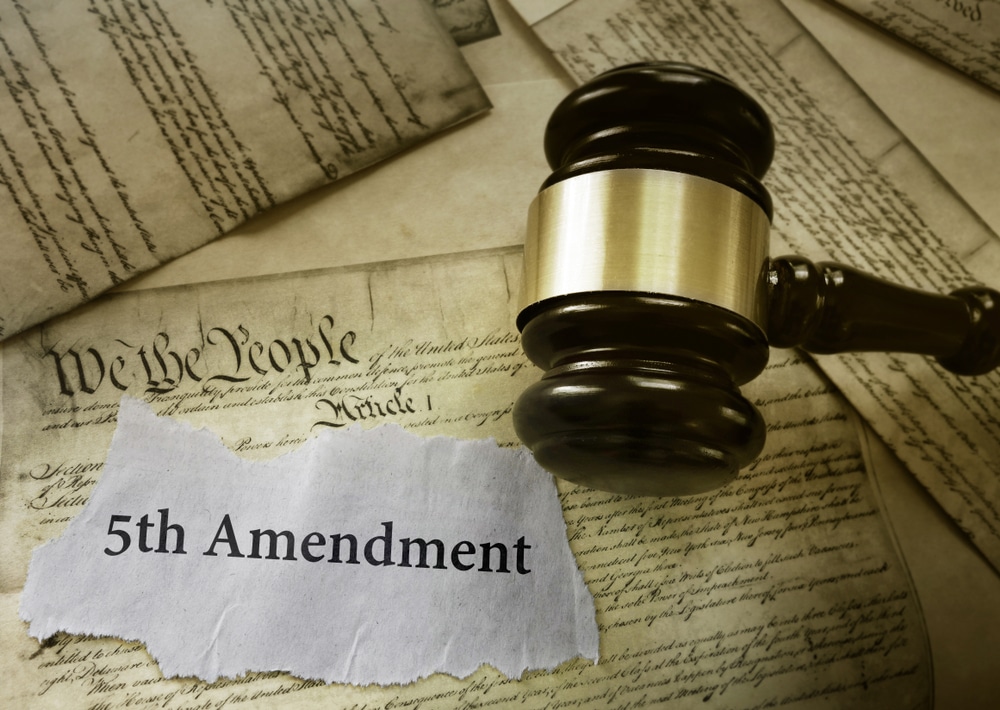
Understanding the Protections of the Fifth Amendment
by Paul D'Emilia | December 28, 2023 | Criminal Defense, Criminal Defense, Insights, Legal Tips | 0 Comments
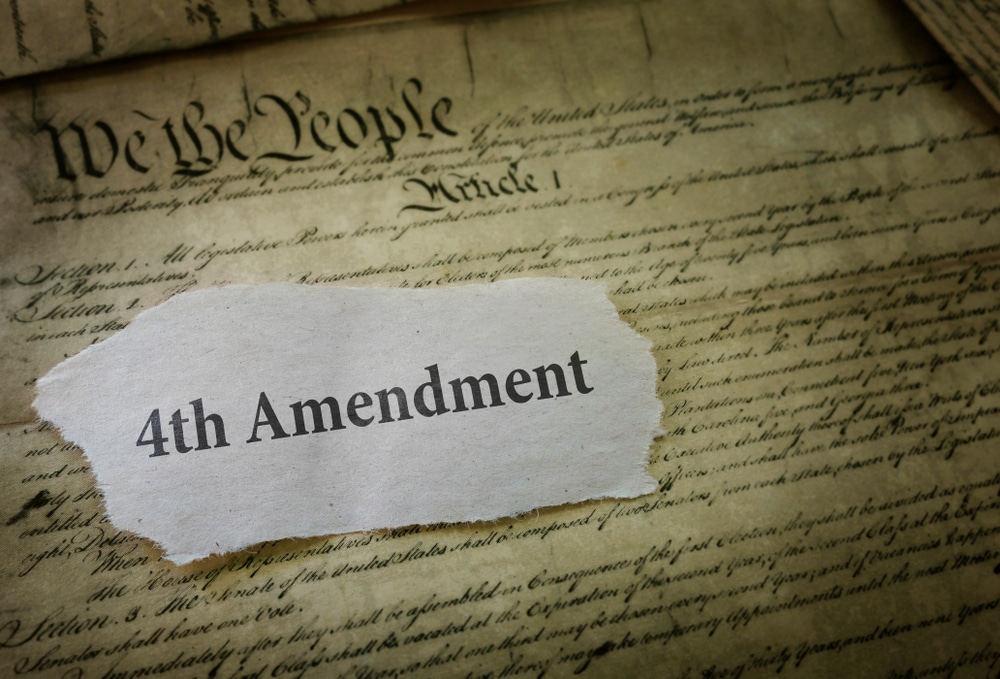
What is the Fourth Amendment Protection Against Unreasonable Search and Seizure?
by Paul D'Emilia | December 14, 2023 | Criminal Defense, Criminal Defense, Insights, Legal Tips | 0 Comments

When is a DWI a Felony in New York?
by Paul D'Emilia | September 28, 2023 | Criminal Defense, DWI, DWI, Insights, Legal Tips | 0 Comments
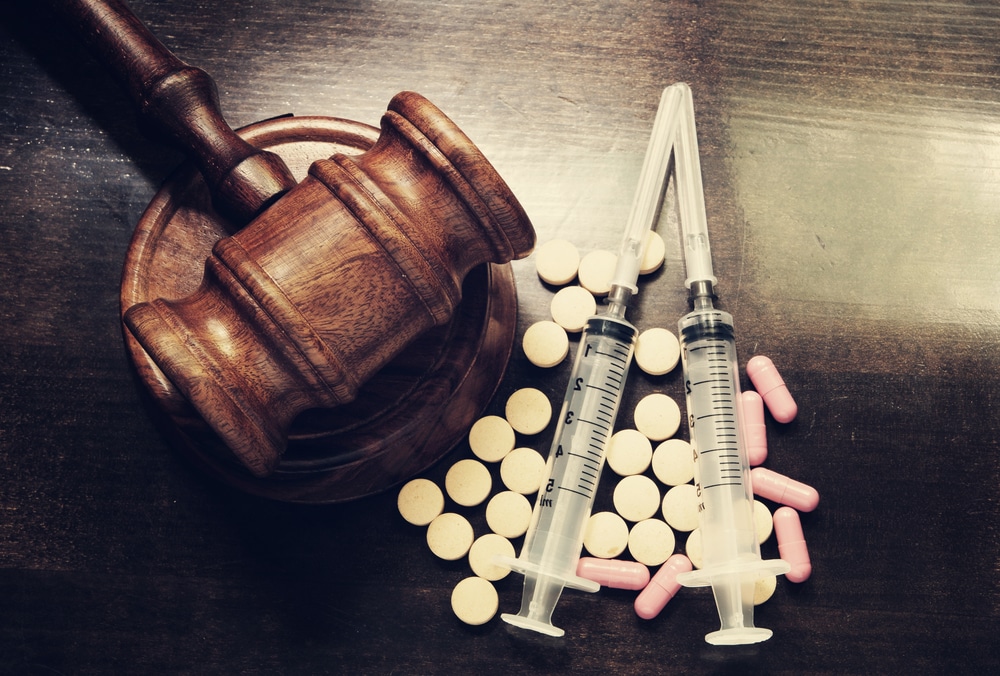
What is Drug Treatment Court — and is it an Option in My Case?
by Paul D'Emilia | September 14, 2023 | Criminal Defense, Criminal Defense, Drug Crimes, Drug Crimes, Legal Tips, Legal Tips | 0 Comments
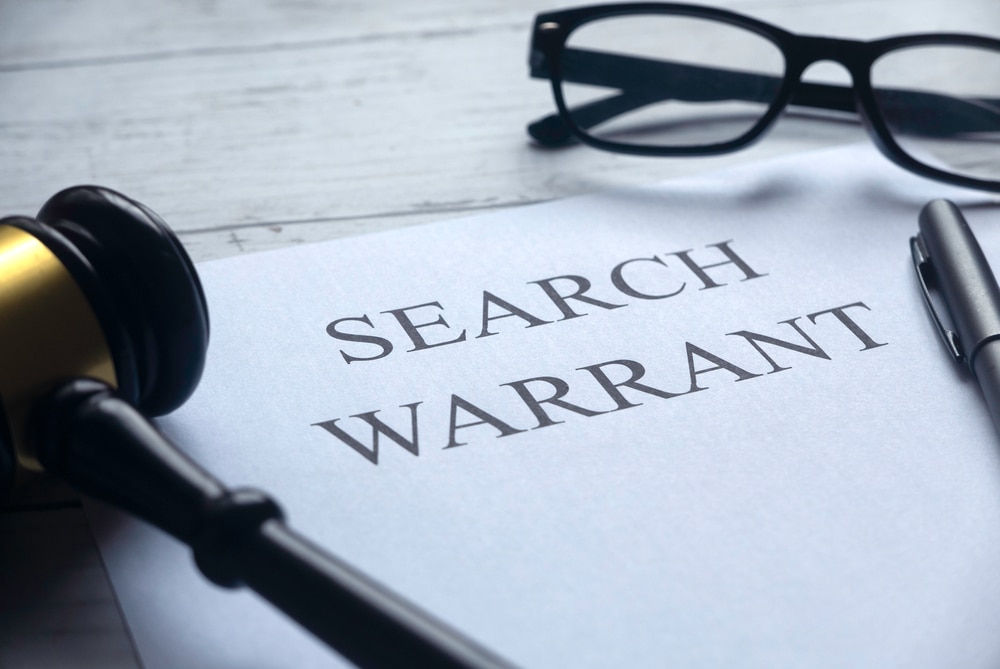
What is a Search Warrant?
by Paul D'Emilia | July 31, 2023 | Criminal Defense, Criminal Defense, Insights, Legal Tips, Legal Tips | 0 Comments

NYC Subway Incident Raises Complex Legal Questions Regarding Self-Defense
by Paul D'Emilia | June 30, 2023 | Criminal Defense, Criminal Defense, Insights, Legal Tips, Legal Tips | 0 Comments
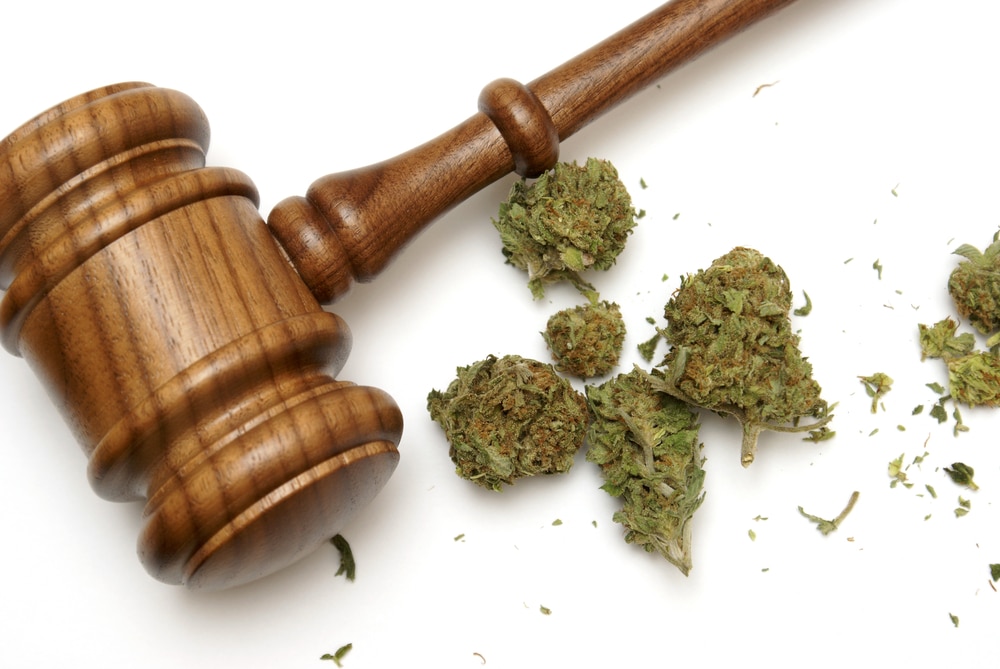
What Defenses Can Be Used in a Drug Possession Case?
by Paul D'Emilia | May 16, 2023 | Criminal Defense, Criminal Defense, Drug Crimes, Insights, Legal Tips, Legal Tips | 0 Comments
